In India, firms that satisfy certain turnover criteria must register for GST (Goods and Services Tax). However, in some cases, revoking this registration may be desirable or essential. GST Registration Cancellation might have serious consequences, so you should understand when and why you might consider it. If you are looking for a company to help you with GST Registration Cancellation Online in India, contact Eazy Startups.
Here are seven crucial considerations to help you decide:-
1. Business closure or discontinuation of operations.
2. Business Turnover Falls Below the Threshold Limit
3. Changes in business structure or ownership
4. Business Has Shifted to a Different Tax Regime
5. No Longer Providing Taxable Supplies
6. Mergers, Acquisitions, or Sale of Business
7. Extended periods of dormant or inactive status
8. How to Cancel Your GST Registration
Business closure or discontinuation of operations:
One of the most important reasons to consider terminating your GST registration is the closure or discontinuance of your business operations. If you have completely ceased all business operations and have no intention of restarting, maintaining GST registration serves no purpose and may result in unnecessary compliance fees and filing requirements.
Business Turnover Falls Below the Threshold Limit:
GST registration is normally necessary for firms with a turnover that exceeds the prescribed threshold. For most enterprises, the threshold is Rs. 20 lakh every fiscal year (or Rs. 40 lakh for goods-only providers, depending on state). If your company’s revenue continuously falls below this amount, you can choose voluntary deregistration to avoid the administrative burden of filing frequent GST returns.
Changes in business structure or ownership:
Significant changes in your business form, such as transitioning from a proprietorship to a private limited company or merging with another organization, may necessitate the cancellation of your current GST registration. In such circumstances, you must obtain a new GST registration corresponding to the altered business structure to ensure tax compliance.
Business Has Shifted to a Different Tax Regime (Composition Scheme):
Suppose your company qualifies and moves to the Composition Scheme, which reduces small taxpayers’ compliance requirements and tax rates. In that case, you may need to terminate your ordinary GST registration and re-register under the Composition Scheme. This adjustment must be carefully evaluated to meet your business needs and tax obligations.
No Longer Providing Taxable Supplies:
GST registration is largely essential for enterprises that supply taxable products or services. You may consider cancelling your GST registration if your business activities completely move to non-taxable or exempt suppliers (for example, exporting zero-rated commodities or exempt goods/services). It can help reduce compliance costs if you are not compelled to register for other reasons.
Mergers, Acquisitions, or Sale of Business:
If your business merges, acquires or is sold to another entity, you may need to cancel your GST registration to reflect the ownership or business structure change. The new owner or combined entity must file for a fresh GST registration in such cases. It assures compliance and the correct transfer of tax responsibilities to the new organization.
Extended periods of dormant or inactive status:
If your company has been idle or inactive for an extended period of time, with no sales, revenue, or business activity, retaining GST registration may be ineffective. Cancelling your registration can help lessen the compliance burden, such as filing zero returns on a regular basis. However, you should only take this step if you do not plan to reactivate the firm soon.
How to Cancel Your GST Registration:
You must file an application through the GST portal to cancel your GST registration. This process may entail filing final GST returns and settling any remaining tax liabilities. It is best to contact a tax specialist before starting to guarantee compliance with all requirements and avoid penalties.
Final Thoughts
Cancelling your GST registration is an important decision that should be carefully considered based on your company’s specific circumstances. Whether it’s due to lower turnover, a change in corporate structure, or another reason, it’s critical to consider the pros and downsides and follow the right protocols to ensure a smooth transition. Always remain current on the current GST rules so that you may make decisions that align with your business objectives and regulatory compliance requirements. If you are looking for a company to help you with GST Registration Cancellation Online in India, contact Eazy Startups.


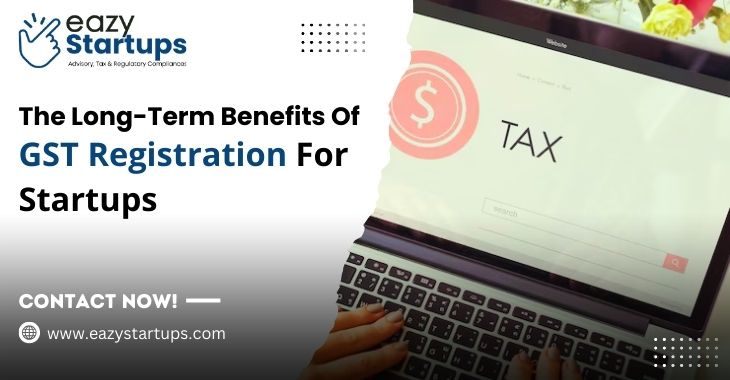
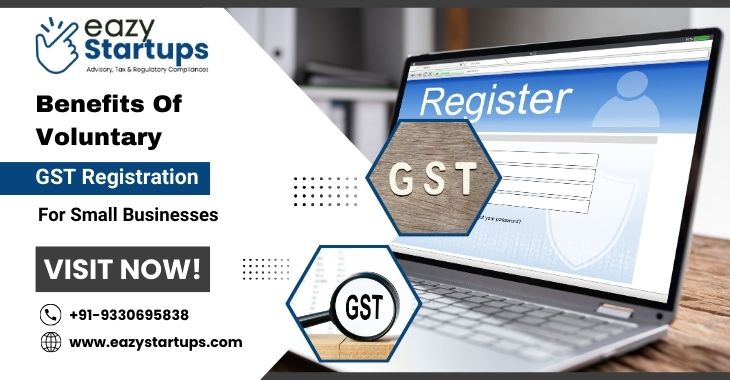



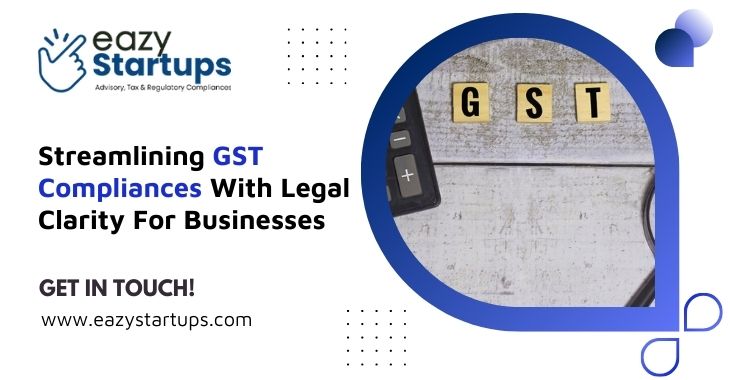

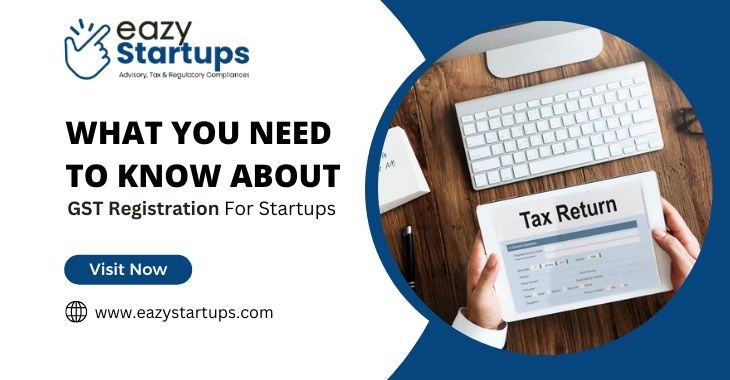
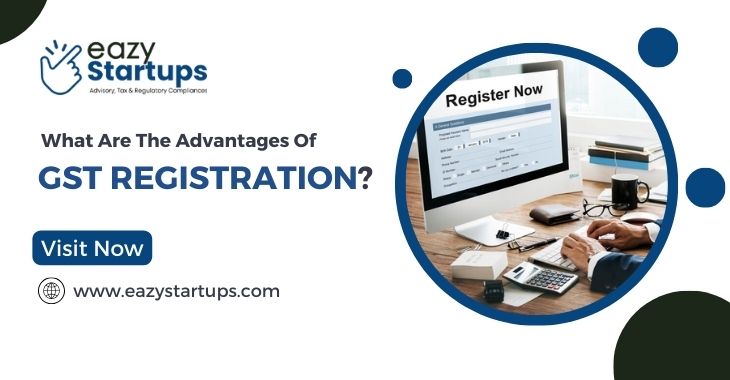
Recent Comments